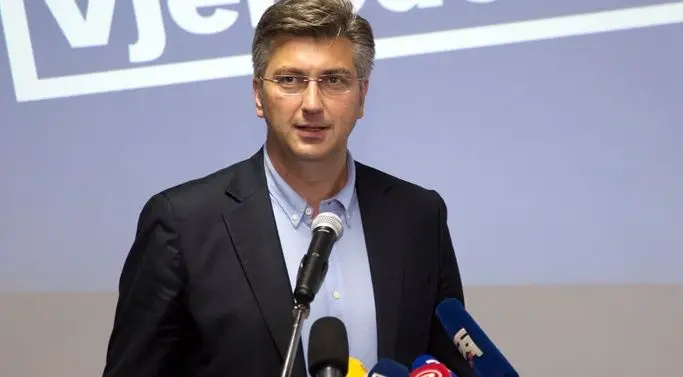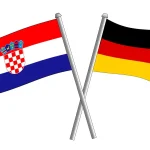May 22, 2020 — Croatia’s Prime Minister Andrej Plenković promised more aid to hard-hit economic sectors, shying away from the broader actions the government took when the coronavirus pandemic began. The announcement came in a freewheeling press conference that tackled everything from the local governments to upcoming elections.
“We will try to calibrate the measures only for those sectors that will obviously be in more difficult circumstances,” he said after a government session. “There are several of them, primarily related to tourism, partly to catering and, of course, to transport.”
The Croatian Democratic Union (HDZ) head’s announcement comes after Parliament disbanded and called for new elections. The existing governing structure, often referred to as a “technical government”, is traditionally a placeholder keeping the gears moving until the next government takes over. It’s not generally a time for policy additions.
Plenković dismissed the notion of a “technical government,” and any conflict in enacting new measures during an election season.
“That’s just jargon,” he said. “It doesn’t exist.
“Let someone find a regulation where there is a technical government, I would like to see that,” he added. “The government has clearly prescribed powers what it can do when elections are called. We function quite normally as previous governments functioned.”
Plenković dismissed accusations he ignored the plight of entrepreneurs.
“We are talking about massive support for the private sector and job preservation,” he said.
He cited today’s decision to accept a loan from the World Bank as one example for financing measures to help the economy.
The government initiated procedures for concluding two loan agreements with the World Bank — one worth €200 million for reconstruction after the earthquake and strengthening the response to COVID-19 and another €275.9 million loan aimed at a broader response to the crisis and support for recovery.
The Prime Minister also said HDZ supports the existing number of counties, but that the party has been discussing models of reforms at the municipal level.
“Counties are the structure of modern and contemporary Croatia,” he said. “They have been with us since 1993 and have 27 years of tradition. HDZ, which had 13 out of 20 counties in the last elections, has a very clear position that the counties will remain.
“There is no dilemma here, nor has that topic ever come into question,” said Plenković, answering the question why the HDZ thinks that a small country like Croatia still needs 20 counties plus the City of Zagreb.
Recent polls show Plenković’s party holds a slim lead over opposition Social Democrats, raising the prospect of a “grand coalition” between ideological opposites.
The Prime Minister said that he was not ready to form a coalition with everyone, but that when the HDZ came to that position, it would form a government with partners who were close in terms of worldview and program, and said that these were “two elements that are always guided”.
Commenting that current coalition partner HNS did not share this government’s worldview, Plenković replied that they had found common program points.
Asked if this means that they can form a coalition with anyone, including Social Democrats, if they agree to the program, he answered ironically.
“With the SDP, after all the statements on our part, after the great, constructive, cultural, polite, fantastic, wonderful statements of the SDP leaders, especially towards the President of the Croatian Parliament, I think that within the HDZ everyone is bursting with desire for a coalition with SDP,” he said.












